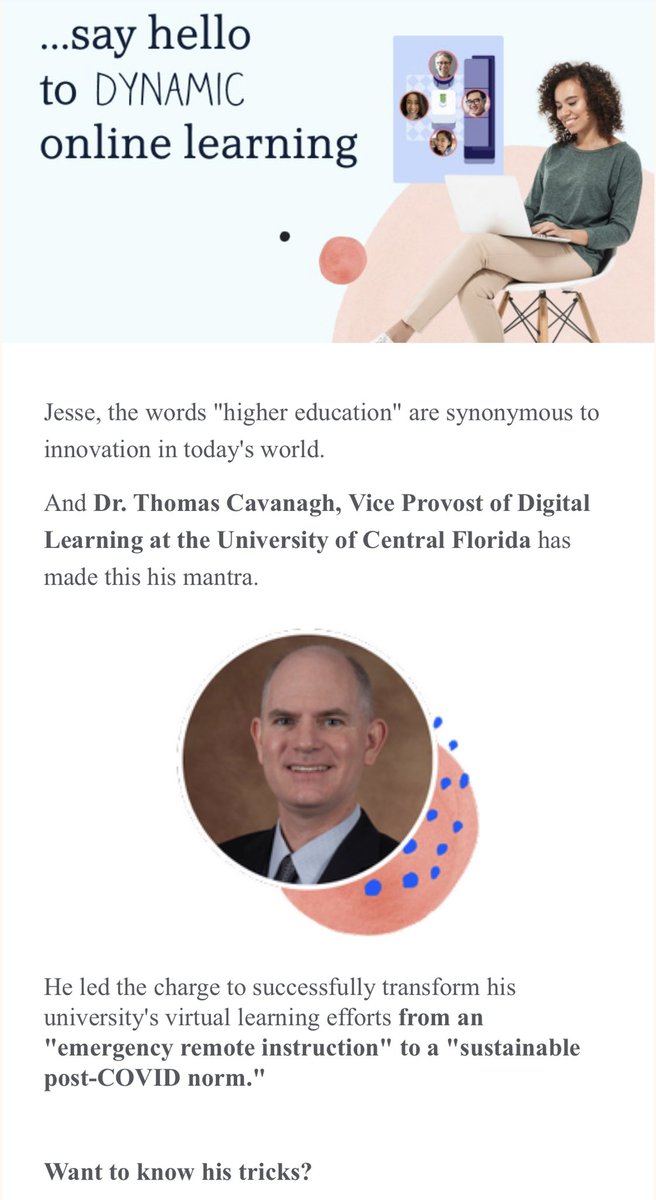
If education is content delivery, books surely do that just fine. And they’re pedagogical. They provoke discussion. But education is community, listening, collaboration, care. It’s visceral and sometimes ephemeral. The best teachers challenge us and are responsive in the moment.
https://twitter.com/caroljago/status/1451939551241547780
I love books, love what work they do in the world. And books are haptic, multi-sensory. But we’ve underestimated and devalued the work of teachers far too long to imagine they can be replaced by (or neatly transposed with) books. Or computers. Or streaming video. Or courseware.
Like writers, teachers do work that’s unique, work that requires unique preparation and support. Books simply do not “teach” in the way (or to the extent) that teachers do.
Emerson in “The American Scholar”: “Books are the best of things, well used; abused, among the worst."
“Teaching is about taking things apart; writing is about putting things together.” ~ Toni Morrison
• • •
Missing some Tweet in this thread? You can try to
force a refresh




